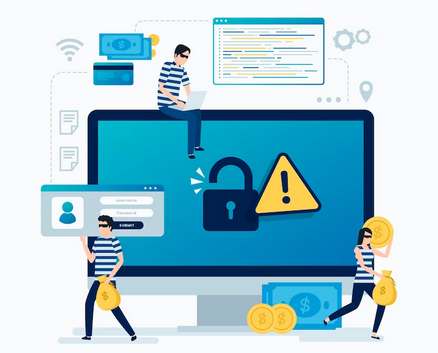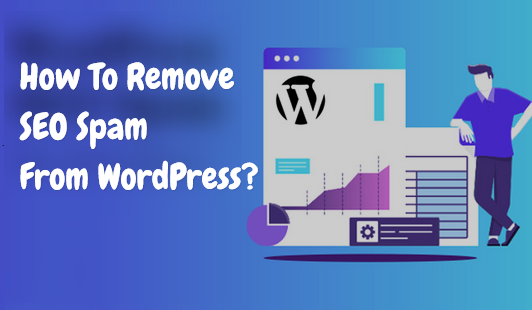WordPress is a widely used content management system, but its popularity also makes it a target for cyberattacks. Security breaches can lead to data loss, compromised user information, and damage to your website’s reputation. To ensure the safety of your WordPress site and the sensitive information it contains, it’s crucial to implement strong security measures. In this guide, we’ll explore effective strategies to prevent WordPress security breaches and keep your website secure.
Contents
- 1 Keep Software Updated
- 2 Use Strong and Unique Passwords
- 3 Implement Two-Factor Authentication (2FA)
- 4 Choose Reputable Themes and Plugins
- 5 Regularly Back Up Your Website
- 6 Install a Security Plugin
- 7 Limit User Privileges
- 8 Secure Your Hosting Environment
- 9 Regularly Monitor and Audit
- 10 Educate Your Team
- 11 Conclusion
Keep Software Updated
Regularly updating your WordPress core, themes, and plugins is one of the simplest yet most effective ways to prevent security breaches. Developers often release updates that include security patches, addressing vulnerabilities that hackers can exploit.
Use Strong and Unique Passwords
Weak passwords make it easier for hackers to gain unauthorized access to your website. Use strong, complex passwords that include a combination of letters, numbers, and special characters. Additionally, avoid using the same password across multiple sites to prevent a domino effect if one of your accounts is compromised.
Implement Two-Factor Authentication (2FA)
Two-factor authentication adds an extra layer of security by requiring users to provide a second piece of information, such as a code sent to their phone, in addition to their password. This makes it significantly harder for hackers to gain access, even if they have your password.
Choose Reputable Themes and Plugins
Only download themes and plugins from reputable sources like the official WordPress repository. Poorly coded or outdated themes and plugins can be exploited by hackers to breach your site’s security.
Regularly Back Up Your Website
Regular backups ensure that you have a clean copy of your website to restore in case of a security breach or other issues. Store backups offsite and automate the backup process to ensure you always have an up-to-date copy.
Install a Security Plugin
There are numerous security plugins available for WordPress that offer features such as firewall protection, malware scanning, and intrusion detection. Install a reputable security plugin to help prevent and detect potential security breaches.
Limit User Privileges
Only give users the permissions they absolutely need to perform their tasks. Limiting user privileges reduces the potential damage a compromised account can cause.
Secure Your Hosting Environment
Choose a reputable hosting provider that prioritizes security. A secure hosting environment includes measures like firewalls, regular security audits, and strong server configurations.
Regularly Monitor and Audit
Regularly monitor your website’s activity and perform security audits to identify and address vulnerabilities promptly. Quick detection and response can prevent potential breaches.
Educate Your Team
If you have multiple users managing your WordPress site, educate them about best security practices. Training your team on recognizing phishing attempts and following security protocols is essential.
Read: Different Types Of Website Hacks And Their Remedies
Conclusion
Preventing WordPress security breaches requires a combination of proactive measures and ongoing vigilance. By implementing the strategies outlined in this guide, you can significantly reduce the risk of security breaches and protect your website, your users, and your valuable data. Remember that security is an ongoing process, so regularly review and update your security practices to stay one step ahead of potential threats.



